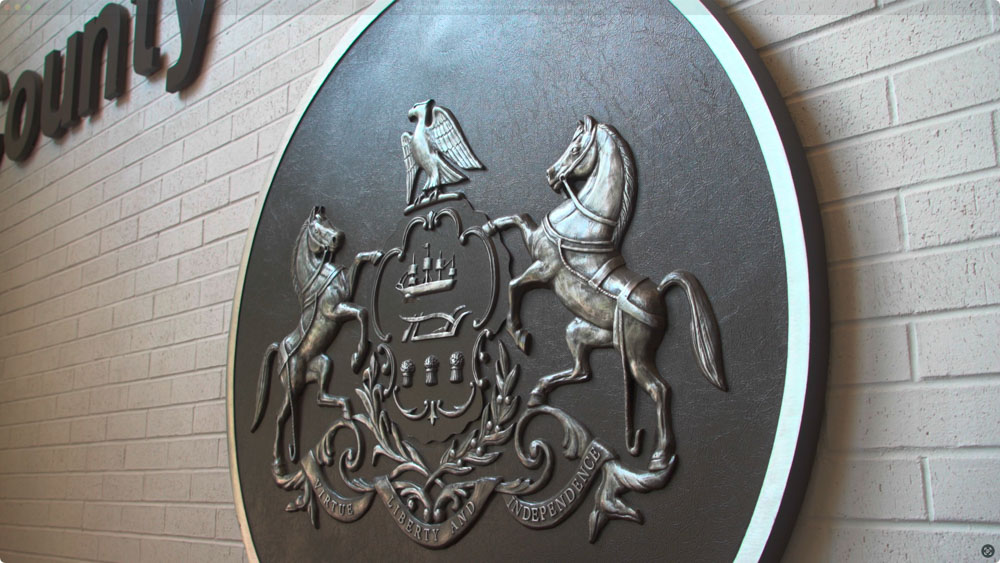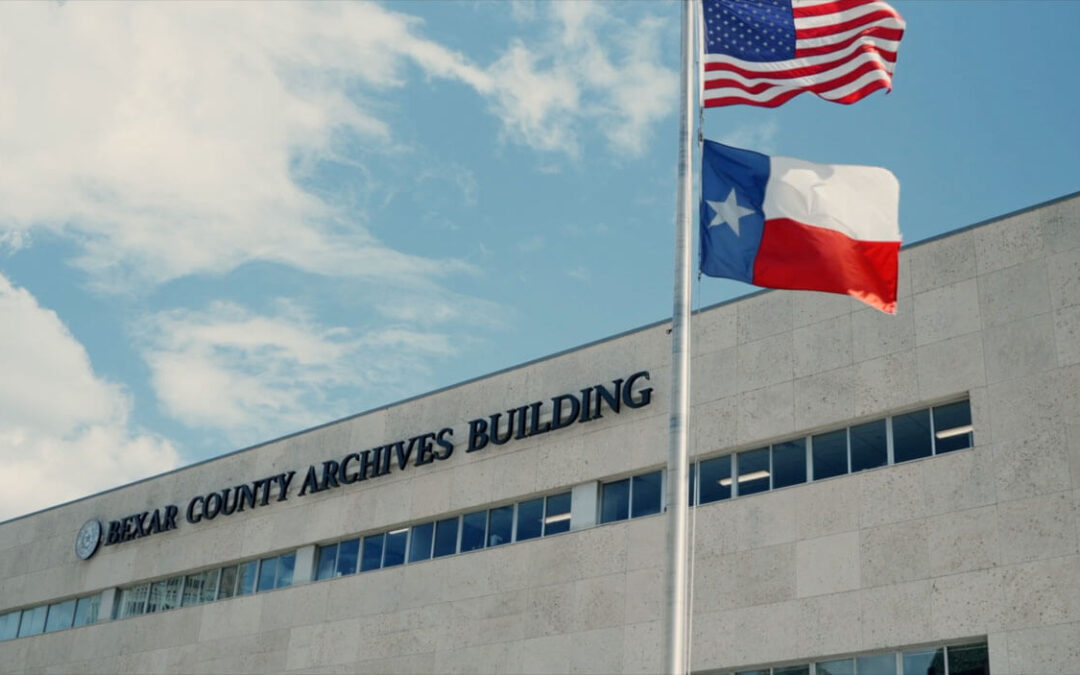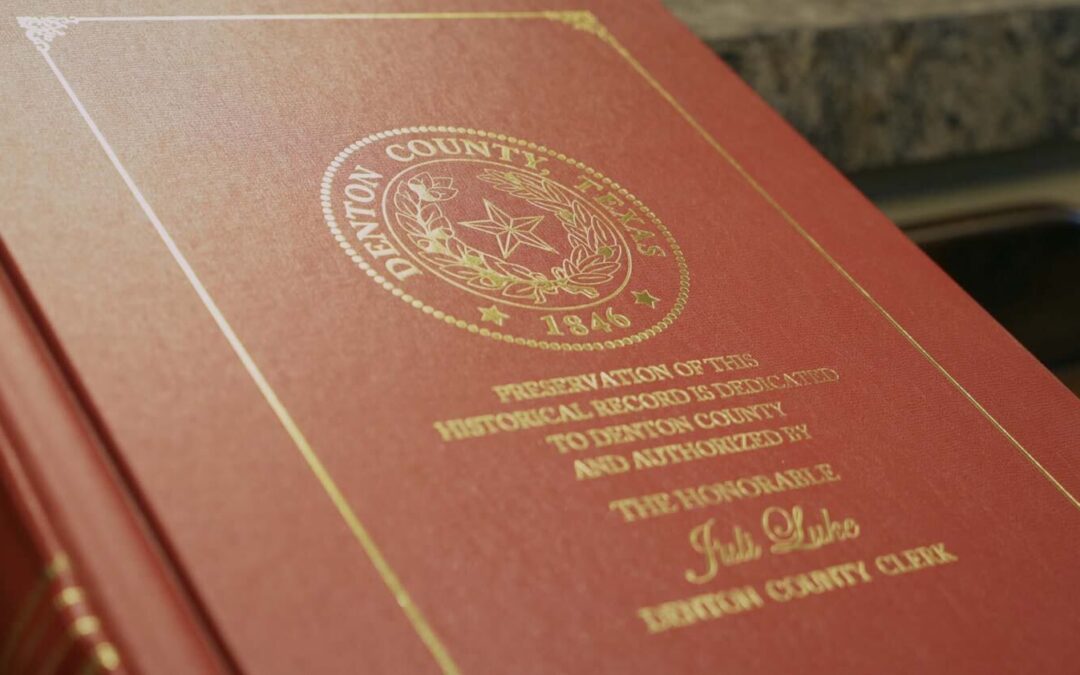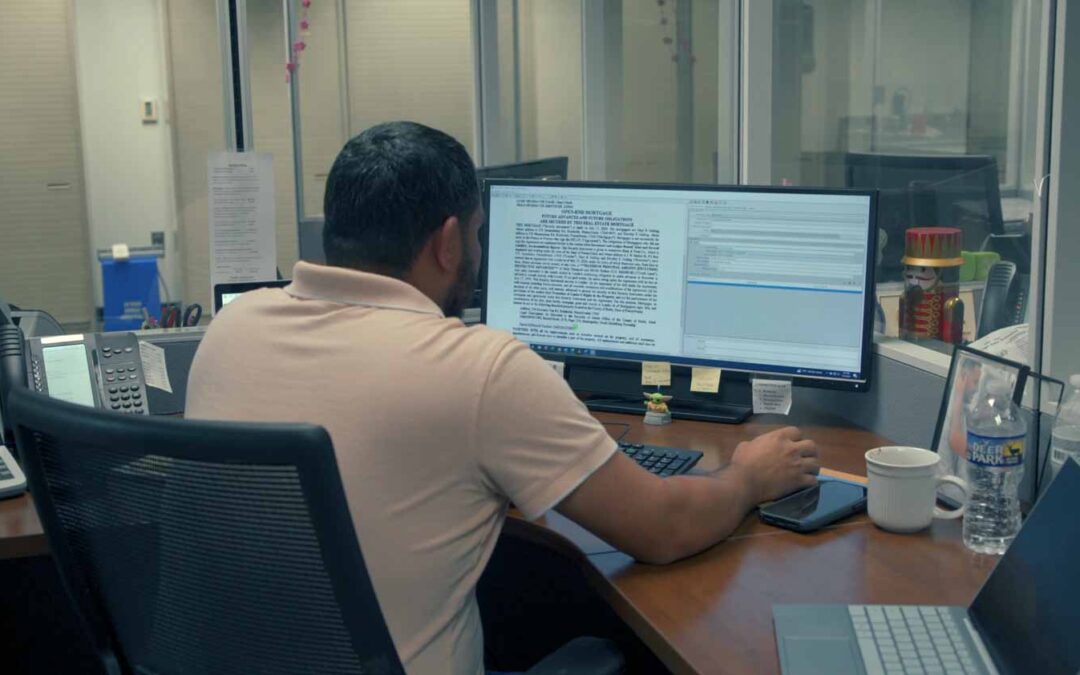Case Study
How Denton County, TX Implemented an Online Records System to Meet the Demands of a Rapidly Growing Population
Overview
One of the top ten fastest-growing counties in the United States, Denton County, Texas, has seen its population surge, a trend some attribute to more affordable housing and a continued propensity to escape the country’s largest cities in favor of smaller ones. Cities like Denton, which already saw yearly population increases as a college town, have been a huge draw to new residents in search of more vibrant and culturally rich communities. If the pace continues—and it shows no signs of slowing down in the near future—the county will soon be home to more than one million residents.
For Denton County Clerk Juli Luke, this influx of new residents comes with significant increases in the number of records processed by her office. Land record recordings alone have jumped by almost 23% in just 2 years. Yet despite the growth, Denton County has kept pace with rising demands in large part to digitization efforts and the online records application process.
We had the opportunity to sit down with Juli to learn more about the changes she’s seen since taking office, how transitioning to a cloud-based system has benefitted the county, and how her office contributed to making the GovOS Records solution what it is today.
Denton County, TX
Juli Luke
County Clerk
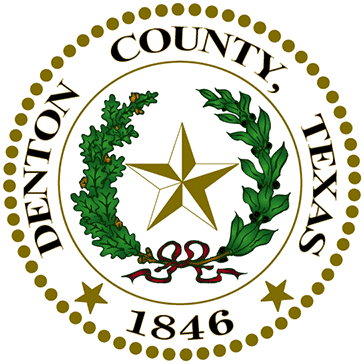
GovOS Solution
Population
972,605 +
Projects Launched
July 2016
Real Property
Recordings
- 2019: 166,736
- 2020: 215,708
- 2021: 236,407
What initially led you to the GovOS Records solution?
When I first took office in 2015, I quickly realized that the antiquated system we were using at the time was not going to meet the demands of our growing county. I had a vision of the way our system could better serve both our citizens and staff, and the old system simply did not have the capability to provide that level of service. It was time to upgrade our system, and our technology services department was in agreement, so we ended up going out for RFP that same year. After several demos, we all agreed that GovOS Records was going to be the best solution for Denton County.
Was there any hesitancy in moving to a cloud-based records solution?
After discussing it with our IT Director, I felt very confident that we were doing the right thing by transitioning to a cloud-based solution. We spoke at length about security and disaster recovery. With his knowledge and input, I felt comfortable that a cloud-based solution was the best solution for Denton County. As one of the first government agencies to use GovOS Records, we saw a unique opportunity to have a lot of input early on as far as features and different ways the system could be fine-tuned to best serve government agencies.
The involvement of the end-user in the development of a solution like this is beneficial in so many ways when it comes to making it the best solution it can be. We knew there would probably be growing pains early on but having the opportunity to provide insights that would ultimately help improve the product was exciting.

What have you seen in terms of benefits to the county since implementing the solution?
For us, it comes down to both time and cost savings. We are able to accomplish much more with much less, which is something that gets passed back to the citizens in a multitude of ways. Since we’ve been able to free up resources and focus them elsewhere, our customer service has benefitted and the tax dollars we saved can be spent on other projects to benefit the county.
With the explosive growth we’re seeing in Denton County—an incredible 26% increase since I took office in 2015—we want to make sure we have resources at the ready to meet the demands of a growing population.
Moving processes online helps ensure we provide the level of service the county deserves and having this system in place has been essential to supporting those efforts.
Have you seen much change in the number of recordings or the amount of time it takes to process an application?
After COVID hit, the number of electronic recordings increased dramatically. Last year alone we had about 236,000 land record recordings. Before the pandemic, around 78% of those were electronically recorded and during the pandemic, that number increased to 88% and it has not gone back down.
In terms of changes to our processing time, the auto-indexing feature for birth and death certificates has produced significant time savings. We’re able to record 98.5% of all birth records within 1 day, with death records averaging 8 days. This turnaround time exceeds the VSU standard for 5-star status.
What feedback have you received about the system?
We’ve received a lot of positive feedback. With all our records available online for free, users are now able to much more easily go in and find what they need.
People were extremely excited about the search capabilities and offering the option to fill out applications online from the comfort of home rather than having to come into the office makes it so much more convenient for the public.
At the end of our initial contract, when it was time to go out for RFP again, we knew there were other options available but my recording manager and I agreed there was nothing better out there. We had helped shape this system with our input and have watched how the solution has evolved over the years. With all the enhancements to the system since 2016, I don’t think even we realize the full potential of what it can do, especially on the search component side.
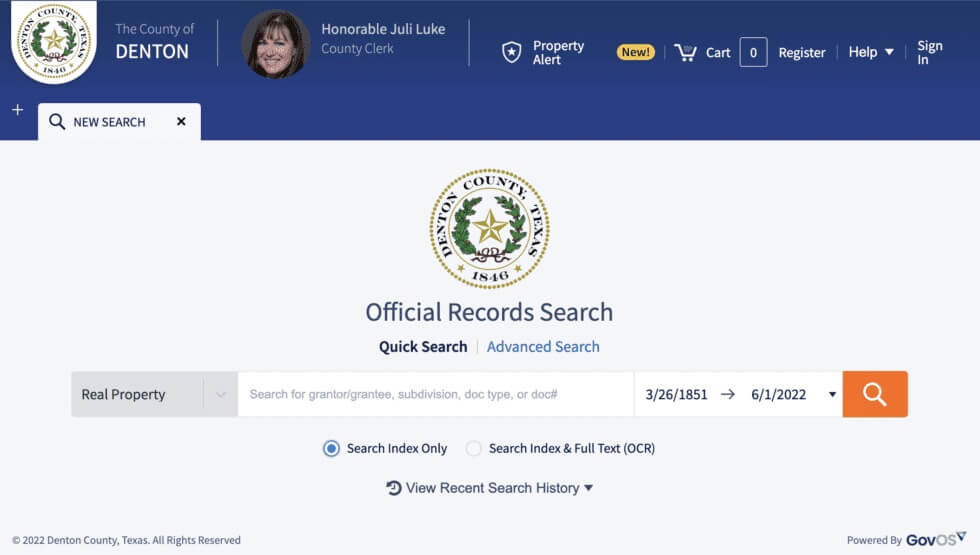
Do you have any advice for other agencies looking to implement this type of system?
In addition to the disaster recovery capabilities, there are a plethora of processes that can be streamlined when you bring services to the cloud. That’s one of the reasons why I don’t mind showing other clerks what we’re doing and letting them see how our system works in our day-to-day operations. We’ve had many clerks from across Texas and even Oklahoma come to see our system and processes. We always make ourselves available because seeing how it works in person is often better than any demo you can get in order to truly appreciate how well the system works.
When you think about your role and involvement in the stewardship of county records, what does that mean to you?
It is such a huge responsibility. As the county record-keeper, my role is vital in the safekeeping of thousands of irreplaceable records that help us document our history. We’re entrusted with caring for and maintaining these—not just for today, but for future generations. Without diligence and dedication to safeguarding these records, they might be lost forever. It’s kind of overwhelming when you stop to think about the importance of maintaining these records so that they are here forever. There’s certainly a passion and care that has to go into this type of work. For me, preservation of Denton County’s records is the most important part of the legacy I’ll leave.
Want to learn how GovOS can help digitize processes for your community?




